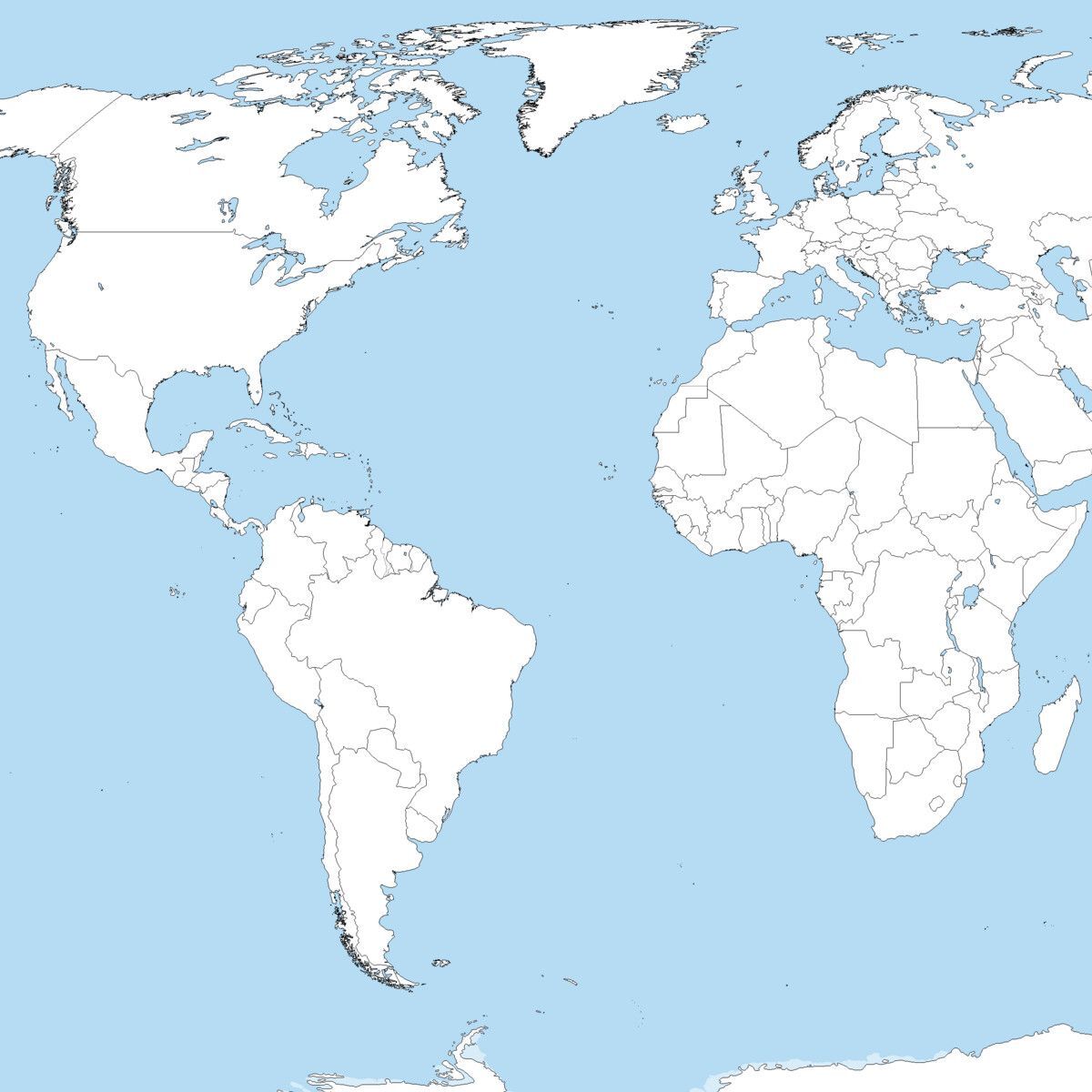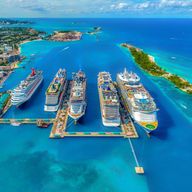

Crystal Symphony - 3/25/2026
The March 25, 2026 cruise on the Crystal Symphony departs from Incheon (seoul). South Korea. On this 11 Night Asia (Incheon To Tokyo) sailing, the ship will visit a total of 10 cruise port destinations, including its departure port. The Crystal Symphony sets sail on Wednesday, Mar 25th and returns on Sunday, Apr 5th.
Cruise Pricing
The graph below tracks historic price of the Crystal Symphony cruise ship departing March 25, 2026. The most recent price for this sailing starts at $N/A ($N/A per night) for an Inside Cabin. Compared to the average price of $N/A ($N/A per night), this represents a recent decrease of NaN%.
Use the buttons below to toggle between cabin types.
Cruise Itinerary
Itinerary
Crystal Symphony - March 25, 2026 - 11 Nights
| Day | Date | Port |
|---|---|---|
| 1 | Mar 25th | Incheon (seoul). South Korea |
| 2 | Mar 26th | At Sea |
| 3 | Mar 27th | Busan (Pusan), South Korea |
| 4 | Mar 28th | Fukuoka, Japan |
| 5 | Mar 29th | Nagasaki, Japan |
| 6 | Mar 30th | Kagoshima, Japan |
| 7 | Mar 31st | Beppu, Japan |
| 8 | Apr 1st | Kochi, Japan |
| 9 | Apr 2nd | Osaka, Japan |
| 10 | Apr 3rd | At Sea |
| 11 | Apr 4th | Nagoya, Japan |
| 12 | Apr 5th | Tokyo, Japan |
The Crystal Symphony sails on March 25, 2026 for a 11 Night Asia (Incheon To Tokyo). The ship will depart the port of Incheon (seoul). South Korea at 6:00 PM and will return to the port of Tokyo, Japan on Apr 5th at 8:00 AM. During the 12-day journey, the Crystal Symphony will visit 9 additional ports and will spend 2 days at sea.
Itinerary Safety Score
Based on my comprehensive research of cruise port safety information, including recent crime reports, travel advisories, Global Peace Index rankings, and specific port security concerns, we've created a "safety score" for each cruise port stop. The overall rating below represents a combined score for your specific cruise itinerary.
Cruise Ship

Crystal Symphony
Crystal Cruises
The Crystal Symphony was built in 1995 and is among Crystal's 3 ships in its fleet. The Crystal Symphony is included in the cruise line's Serenity class. In the cruise ship stats below, you'll find the Crystal Symphony vs all other Crystal ships.
Cruise Ports
Incheon, South Korea, has docking at Incheon Port with excursions to Seoul. Travelers explore Gyeongbokgung Palace and Myeongdong markets. Excursions visit DMZ’s historic sites. Local markets sell kimchi. The peak season, April to June, brings mild weather. Photography captures palaces and urban skylines. Dining onboard includes bulgogi, a Korean favorite. Souvenirs, like hanbok dolls, are sold in ship shops. Briefings cover Korean history. Light layers suit the temperate climate. Comfortable shoes enhance city tours. Incheon’s access to Seoul offers a vibrant South Korean stop, blending culture with modern energy.
Take advantage of the many on board activites during your day at sea. You'll have more than enough to fill your day!
Busan, South Korea, in the southeast, sits on the Korea Strait, facing the Sea of Japan. The port is near Jagalchi Fish Market, where fresh seafood is sold daily. Haeundae Beach offers urban waterfront access, while Beomeosa Temple, in the forested hills, provides cultural history. The Gamcheon Culture Village, with colorful houses, draws visitors for its art and narrow alleys. Busan’s port history as a trading hub is evident in its maritime museum. The nearby Nakdong River Estuary is a birdwatching site, and the city’s coastal cliffs offer walking trails with ocean views.
Fukuoka, Japan, offers docking at Hakata Port. Travelers explore Dazaifu Tenmangu Shrine’s historic gardens. Excursions visit Canal City’s vibrant shopping complex. Local markets sell hakata ramen. The peak season, March to May, brings cherry blossoms and mild weather. Photography captures shrine architecture and modern cityscapes. Dining onboard includes tonkotsu ramen, a local specialty. Souvenirs, like furoshiki cloths, are available in ship shops. Briefings cover Kyushu’s history. Light layers suit the temperate climate. Comfortable shoes enhance shrine visits. Fukuoka’s blend of ancient shrines and modern vibrancy provides a dynamic Japanese stop, immersing travelers in its rich cultural heritage and lively urban energy.
Nagasaki, Japan, offers docking at Nagasaki Port. Travelers explore the Peace Park and Atomic Bomb Museum. Excursions visit Glover Garden’s colonial mansions. Local markets sell champon noodles. The peak season, March to May, brings cherry blossoms and mild weather. Photography captures historic sites and Dejima Island views. Dining onboard includes sara udon, a Nagasaki dish. Souvenirs, like castella cakes, are sold in ship shops. Briefings cover Nagasaki’s WWII history. Light layers suit the temperate climate, while comfortable shoes enhance park walks. Nagasaki’s blend of history and resilience offers a poignant Japanese stop. Cruise travelers enjoy a mix of somber memorials, colonial heritage, and scenic harbors, making Nagasaki an engaging destination for exploring Japan’s cultural and historical depth on Kyushu Island.
Kagoshima, Japan, has docking at Kagoshima Port. Travelers explore Sakurajima volcano’s active trails. Excursions visit Sengan-en Garden’s historic grounds. Local markets sell shochu. The peak season, March to May, brings cherry blossoms. Photography captures volcanic landscapes and coastal vistas. Dining onboard includes kurobuta pork, a Kagoshima specialty. Souvenirs, like ceramic crafts, are sold in ship shops. Briefings cover Kyushu’s history. Light layers suit the temperate climate. Sturdy shoes enhance volcano hikes. Kagoshima’s volcanic beauty offers a dynamic Japanese stop, blending nature with cultural heritage.
Beppu, Japan, docks at Beppu Port, 3 kilometers from downtown, with shuttles for 10-minute rides. The city, population 120,000, features the Hells of Beppu, geothermal hot springs for viewing. Travelers relax at Kannawa Onsen, 15 minutes east. Excursions to Mount Tsurumi, 20 minutes north, offer cable car rides. Local markets sell yuzu products. Peak season April to October; taxis 800-1200 JPY. Dining includes toriten (chicken tempura) at onsen cafes. Souvenirs feature bamboo crafts.
Kochi, Japan, has docking at Kochi Port. Travelers explore Kochi Castle’s samurai history. Excursions visit Katsurahama Beach and Ryugado Cave. Local markets sell bonito flakes. The peak season, March to May, brings mild weather. Photography captures castle views and Pacific shores. Dining onboard includes katsuo tataki, a local seared tuna. Souvenirs, like yosakoi crafts, are sold in ship shops. Briefings cover Shikoku’s history. Light layers suit the temperate climate. Comfortable shoes enhance castle tours. Kochi’s coastal heritage offers a serene Japanese stop, blending samurai history with scenic beauty.
Osaka, Japan, provides docking at Osaka Port. Travelers explore Osaka Castle and Dotonbori’s vibrant food scene. Excursions visit Kyoto’s Kinkaku-ji Temple. Local markets sell takoyaki. The peak season, March to May, brings cherry blossoms and mild weather. Photography captures samurai castles and neon-lit canals. Dining onboard includes okonomiyaki, an Osaka favorite. Souvenirs, like tenugui cloths, are sold in ship shops. Briefings cover Kansai history. Light layers suit the temperate climate, while comfortable shoes enhance city walks. Osaka’s dynamic urban culture offers a vibrant Japanese stop. Cruise travelers enjoy a mix of historic landmarks, culinary delights, and modern energy, making Osaka an engaging destination for exploring Japan’s Kansai region and cultural heritage.
Take advantage of the many on board activites during your day at sea. You'll have more than enough to fill your day!
Nagoya, Japan, provides docking at Nagoya Port. Travelers explore Nagoya Castle and Atsuta Shrine. Excursions visit Toyota’s factory museum for automotive history. Local markets sell kishimen noodles. The peak season, March to May, brings cherry blossoms and mild weather. Photography captures samurai castles and urban skylines. Dining onboard includes hitsumabushi, a Nagoya eel dish. Souvenirs, like noren curtains, are sold in ship shops. Briefings cover Aichi’s industrial history. Light layers suit the temperate climate, while comfortable shoes enhance castle walks. Nagoya’s blend of history and modernity offers a vibrant Japanese stop. Cruise travelers enjoy a mix of samurai heritage, spiritual sites, and industrial innovation, making Nagoya an engaging destination for exploring Japan’s cultural and technological richness in the Chubu region.
Tolanaro (Fort Dauphin), Madagascar, offers docking at Tolanaro Port. Travelers explore Nahampoana Reserve and Libanona Beach. Excursions include lemur-watching at Berenty Reserve. Local markets sell zebu curry. The peak season, May to October, brings dry weather for coastal tours. Photography captures rainforests and Indian Ocean vistas. Dining onboard includes romazava, a Malagasy favorite. Souvenirs, like raffia crafts, are sold in ship shops. Briefings cover Tsitongambarika history. Light clothing and sun protection suit the tropical climate, while sturdy shoes enhance reserve walks. Tolanaro’s natural allure offers a vibrant Malagasy stop. Cruise travelers enjoy a mix of unique wildlife and scenic beaches, making Tolanaro an engaging destination for exploration.